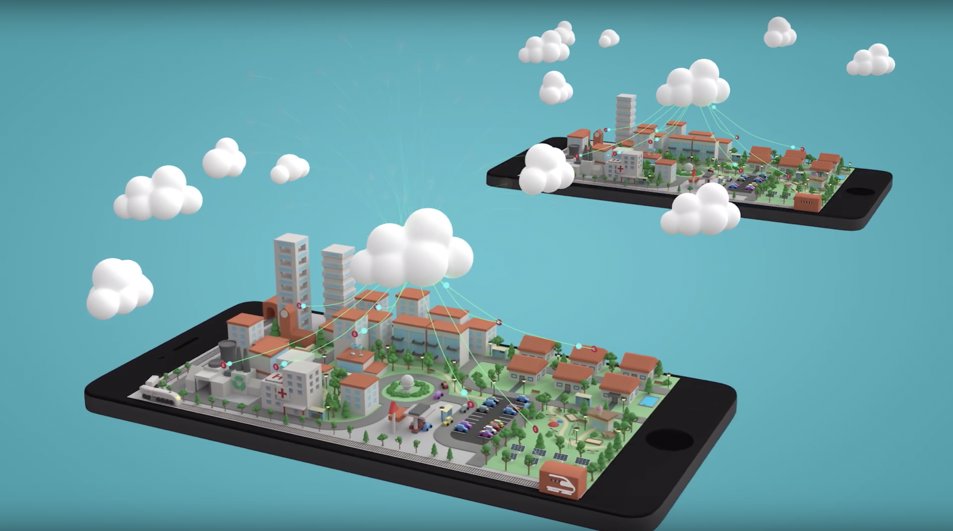
Many Swedish cities have started testing connected sensors and internet of things (IoT) with the purpose to understand how to use data to streamline existing processes, get a better overview and offer optimized services to the inhabitants, etc.
Even though the municipalities have come a long way, there is a clear need for a common framework and standards in order to achieve this. Sweden's municipalities have similar challenges regarding data management, and it would be of great value if they could collaborate on data / IoT platforms. City as a platform (CaaP) is a strategic project that gathers 18 municipalities in Sweden (to begin with) that will explore, test, implement and collaborate on open IoT platforms.

“City as a platform (CaaP) is a strategic project that gathers 18 municipalities in Sweden.”
An important part of the project is to secure national anchorage among all relevant actors and to propose a national governance model of a framework, including relevant standards. Through joint pilot projects (so-called Proof of Concepts – PoC:s), about IoT and data management issues, challenges and solutions are addressed together with participating municipalities. A PoC can for example address water quality at public beaches, which includes several types of data (temperature, contamination, pH, etc.) and could therefore be of interest for different municipal administrative units as well as for other regional, national, and international organizations. It is, however, in general a huge challenge for public organizations to automatically share data with others, not only due to lack of standards but also due to organizational culture, data ownership issues, lack of processes, etc. The hope is that cooperation through the PoC:s will contribute to understanding and development of a joint framework. Another part of CaaP involves finding inspiration and solutions abroad that could help Swedish municipalities to share data and services. Finally, the project will create a "Smart City Lab" - a "hub" for collaboration that will assist municipalities, cities, technology - and service providers as well as citizens in sharing knowledge and experience in the development of the smart city - the city as a platform. The project started in 2018 and will go on until 2021.
RISE, KTH - The Royal Institute of Technology, IVL Swedish Environmental Research Institute, Mobile Heights, Luleå University of Technology, Kista Science City (Urban ICT Arena), Hagström Consulting, and SIS- Swedish Institute for Standards. Participating municipalities: Gothenburg, Malmö, Lund, Karlskrona, Kalmar, Stockholm, Uppsala, Hudiksvall, Umeå, Skellefteå, Katrineholm, Örebro, Helsingborg, Halmstad, Sundsvall, Linköping, Eskilstuna and Västerås.
50% (10 MSEK) funded by Vinnova, 50% (10 MSEK) funded by the participating municipalities
The long-term overall vision is a smart and sustainable city - where digital tools are used to improve the quality of life among citizens and make the city functions more efficient from a sustainable perspective. In a smart city, data is the fuel which together with IoT makes it possible to reach this vision. One of the objectives of the project is that it should be easy to share data and services within and between municipalities.
“The tech is not the problem - the biggest challenge is to improve the organizational ability to cooperate and share data cross-borders. Cooperation and sharing experiences within and between municipalities is key to improving this ability!” Claus P Larsen, RISE.
This case can be linked to SDG no. 9 - Industry, innovation and infrastructure - as it aims to increase the access to digital public services for all citizens, and no. 11 - Sustainable cities and communities.
Interview with Claus P Larsen, project manager City as a Platform, RISE
Online: https://cityasaplatform.se, https://www.youtube.com/watch?v=5n376ZYNzc8, https://www.ri.se/en/what-we-do/projects/city-platform